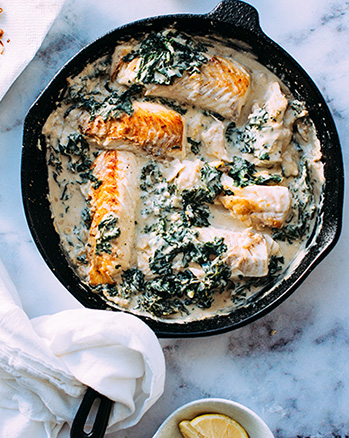Senior Health Vs. Chronic Inflammation
10 Ways to Combat Chronic Inflammation
What is chronic inflammation in seniors? Can you see inflammation? Can you feel it?
There are two main categories of inflammation.
Acute inflammation is actually good for a person to some extent, since it is a short-term type of inflammation which is part of getting better from an injury.
These signs of acute inflammation are: redness, pain, swelling and heat.
Chronic inflammation, on the other hand, may be an indication of a more serious medical condition.
Chronic Inflammation – Its Different Types
The signs of high-grade chronic inflammation include: fever, fatigue, sores in the mouth, chest pain, rash, abdominal pain. They can’t be seen in the same way as other medical symptoms, so people can easily overlook the symptoms of inflammation and attribute the cause to something different.
Low-grade chronic inflammation is commonly found among seniors. Low-grade chronic inflammation has virtually no external symptoms. The way doctors test for it is by doing a blood test and checking the CRP markers ( C-reactive protein markers). In seniors, low-grade inflammation very common. It is considered fairly risky since it causes tissue degeneration and problems in the nervous and muscles-and-bones systems.
Chronic inflammation should not be ignored. The immune system is working excessively hard all the time, and that might cause damage to the health of the heart and the brain as well as other organs. The American Heart Association (the AHA) has found a connection between stroke and heart disease and chronic inflammation.
We Can Fight Chronic Inflammation
There are several different ways to fight chronic inflammation, these are lifestyle-based, dietary and medical.
1. Up With The Healthful Vegetables!
Go for brightly colored vegetables.
2. Yes, To Good-For-You Fruit!
Look for good quality healthy fruit. Follow your dietitian’s orders regarding the sugar in fruit and your diet.
3. Nut and Seeds, Are What We Need!
Eat them unroasted, unsalted. The fat in these is good for you, but be watchful if you are counting your calories. Watch for allergies, if it applies. There are many different types of nuts and seeds available. Each one is rich in different minerals and healthy chemicals.
4. Coffee And Cocoa Are On The List!
If your diet allows, enjoy these in limited amounts. Then you can benefit from the polyphenols and flavanols, that are considered to be anti-inflammatory.
5. Fish In My Dish, To Fight Inflammation!
Enjoy fish that are high in omega-3, such as salmon, tuna and cod among other types of delicious and health-promoting fish.
6. Dairy, Dairy Quite Contrary…
At the University of Wisconsin the recommendation is to avoid dairy products that are high in saturated fats and its cousin, trans fats.
7. Watch Your Sugar Levels…
Avoid eating refined sugar, simple carbohydrates and foods that are considered high on the glycemic index (high GI foods). People suffering from diabetes or obesity were found to have a lot of inflammatory markers.
8. Loose Weight, a Can-Do at Any Age!
If your doctor agrees that you need it, work on loosing a few pounds. Body-fat quantities have been linked to levels of inflammatory chemicals in the body. A study detailed in NCBI books says the most effective way to reduce chronic inflammation is weight loss!
9. Exercise Is On The Rise, Each To Their Ability!
Exercise reduces those inflammatory agents in the blood, even if a person does not loose weight. Find out which is the best type of exercise for you!
10. Manage Stress And Have Enough Sleep
Avoid sleep deprivation and learn ways to live healthily with stress management (since you can’t always avoid stress). These will help you avoid release of inflammatory chemicals into the blood.
Please note that this article does not address supplements and drugs that are considered to be anti-inflammatory.
This article is provided for information purposes and presents a portion of the information available on this topic. Individuals must consult with their medical practitioner to correctly apply principles that combat inflammation.
Further resources: More about foods against inflammation
Information from HealthLine on the topic of an anti-inflammatory diet
NCBI books– Scroll to the middle for the practical and interesting findings.
Chronic inflammation in seniors is something quite serious. We can approach the topic ‘ready to fight’ and then we can make a difference. Knowledge on healthy living, healthy lifestyle and a willingness to change will definitely help anybody who is ready to take on the challenge to fight inflammation!

Chronic inflammation in seniors is something we can work against. Look at the fish and the greens they are packed with omega-3 and the antioxidants.
Photo by Food Photographer | Jennifer Pallian on Unsplash
